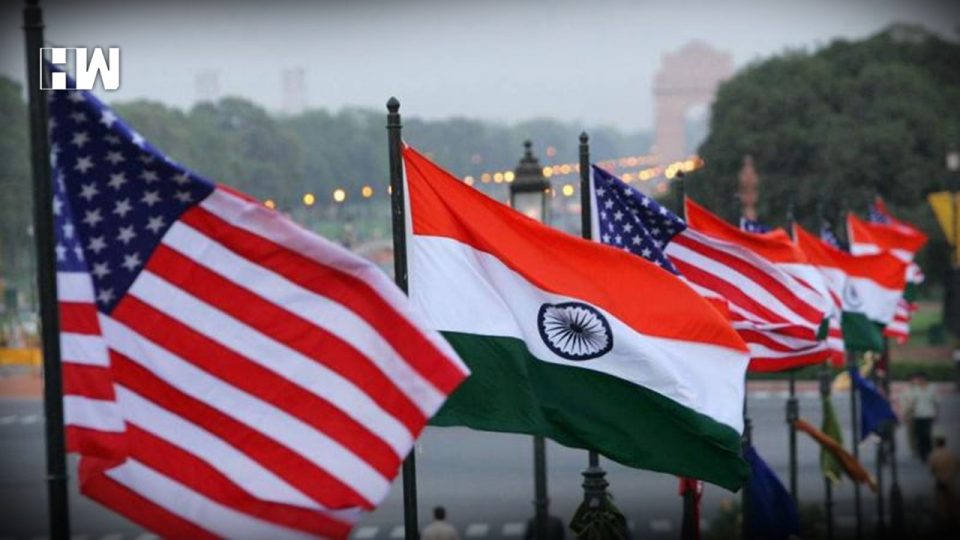Samuel Brownback, Ambassador-At-Large for International Religious Freedom, came hours after the release of the “2019 International Religious Freedom Report”
NEW DELHI| A top Trump administration official has said that observing that historically India has been a tolerant, respectful country for all religions but are “very concerned” about what is happening in India over religious freedom.
On Wednesday the comments by Samuel Brownback, Ambassador-At-Large for International Religious Freedom, came hours after the release of the “2019 International Religious Freedom Report.”
Mandated by the US congress, the report documenting major instances of violation of religious freedom across the world was released by Secretary of State Mike Pompeo at the State Department.
India has previously rejected the US religious freedom report, saying it sees no locus standi for a foreign government to pronounce on the state of its citizens’ constitutionally protected rights.
While talking to foreign Journalist on Wednesday Mr Brownback said, “We do remain very concerned about what’s taking place in India. It’s historically just been a very tolerant, respectful country of religions, of all religions.”
Mr Brownback said the trend lines have been troubling in India because it is such a religious subcontinent and seeing a lot more communal violence. He also said, “We’re seeing a lot more difficulty. I think really they need to have an I would hope they would have an interfaith dialogue starting to get developed at a very high level in India, and then also deal with the specific issues that we identified as well.”
The top American diplomat said, “It really needs a lot more effort on this topic in India, and my concern is, too, that if those efforts are not put forward, you’re going to see a growth in violence and increased difficulty within the society writ large.”
Mr Brownbak said he hoped minority faiths are not blamed for the COVID-19 spread and that they would have access to healthcare amid the crisis.
Before Prime Minister Narendra Modi has criticised any form of discrimination, saying the COVID-19 pandemic affects everyone equally. “COVID-19 does not see race, religion, colour, caste, creed, language or border before striking. Our response and conduct thereafter should attach primacy to unity and brotherhood,” PM Modi said in a post on LinkedIn in February.
The government, while previously rejecting the US religious freedom report, had said: “India is proud of its secular credentials, its status as the largest democracy and pluralistic society with a longstanding commitment to tolerance and inclusion”.
The Foreign Ministry said in June last year, “The Indian Constitution guarantees fundamental rights to all its citizens, including its minority communities… We see no locus standi for a foreign entity/government to pronounce on the state of our citizens’ constitutionally protected rights.”
According to the Home Ministry, 7,484 incidents of communal violence took place between 2008 and 2017, in which more than 1,100 people were killed.
As an independent media platform, we do not take advertisements from governments and corporate houses. It is you, our readers, who have supported us on our journey to do honest and unbiased journalism. Please contribute, so that we can continue to do the same in future.

